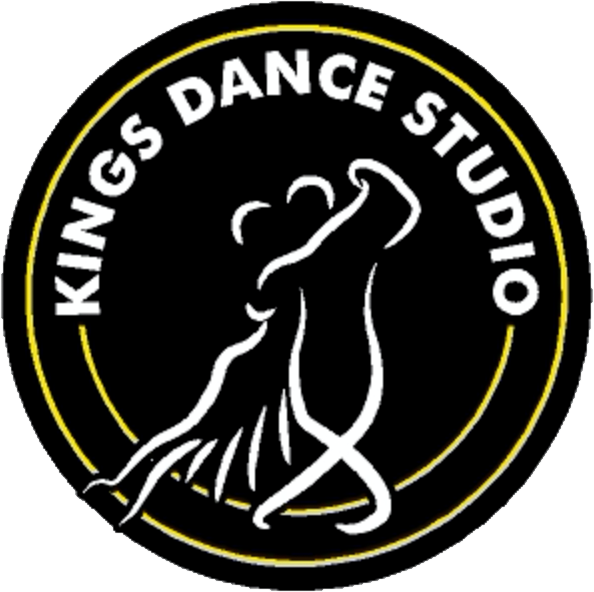Samba de Gafieira is the most popular Brazilian ballroom dance. Its origins include the Maxixe, a Brazilian contemporary to Tango, but its movement aesthetics are deeply informed by many forms of Brazilian samba.

Samba de Gafieira is the most popular Brazilian ballroom dance. Its origins include the Maxixe, a Brazilian contemporary to Tango, but its movement aesthetics are deeply informed by many forms of Brazilian samba.
The class is structured as an intensive 3-week course. Students will start as beginners and will advance the technique and steps with the following lessons. Samba de Gafieira is a very elegant but fun couples dance.
Classes are open to all levels, no partner is necessary. Frequent partner changes will be encouraged during the class. Clothing: Anything comfortable for dancing, ballroom dance shoes are recommended for ladies, but not necessary.
Moves & Vibes’ Dance School the only dance school in Boston that specializes in Sensual bachata as well as the most popular styles of Brazilian dance such as Brazilian Zouk, Forro and samba in the Boston area. We want to share our love for Brazilian Music and Culture with you through music and dance!

?Samba is a lively, rhythmical dance of Afro-Brazilian origin danced to Samba music. Samba is a dance authentic to African people in Brazil who brought much of their music and dance culture into Latin America.

Samba Dance Classes are offered by Harpe's Dance Inc for all ages and skill level. Bring fun and excitement to your life with an introduction to dancing at Harpe's Dance Inc. It is the investment in yourself that is truly rewarding.

Samba no pé (literally, "samba in the foot") is a solo dance that is commonly danced impromptu when samba music is played. It’s what you think of when you imagine Brazilian Carnival parade dancers — with gigantic feather headdresses and elaborate (and skimpy) beaded costumes.

Samba Dance Classes are offered by Kings Dance Studio. At Kings Dance Studio we teach everyone from kids to adults. It's never too late to learn to dance.

The word "Samba" is likely derived from the word "Semba", which in the African Bantu language means "naval bump," and depicts the intimacy and "invitation" to dance that is common to many Afro Latin dances.
© 2025 coursetakers.com All Rights Reserved. Terms and Conditions of use | Privacy Policy